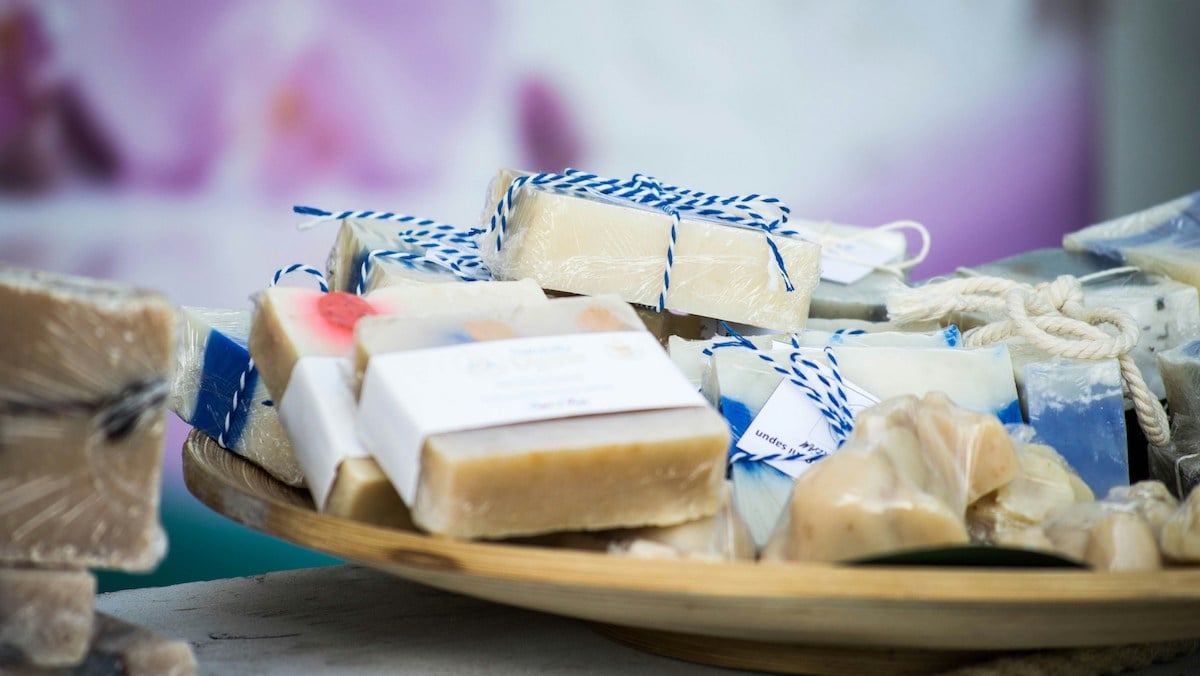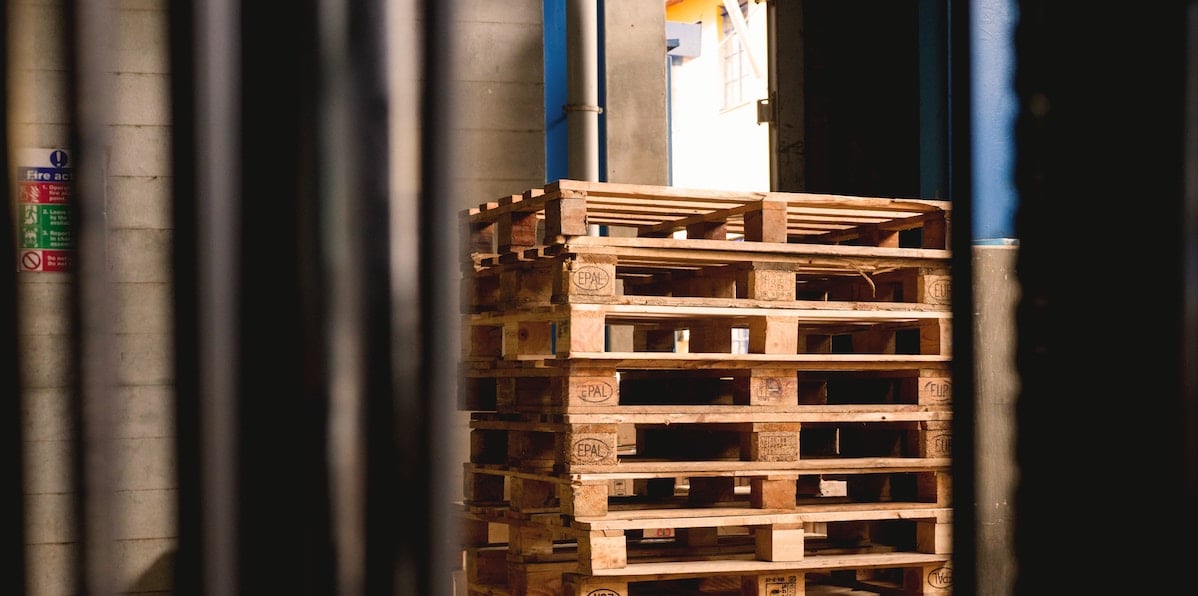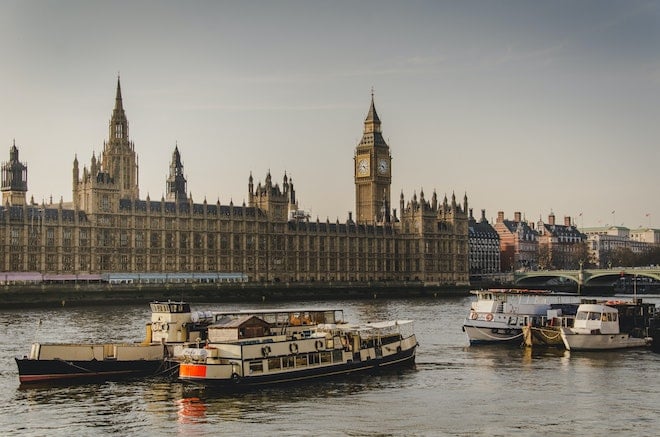
A B Corp (B Corporation) is defined as a for-profit businesses that ‘meet the highest standards of verified social and environmental performance, public transparency, and legal accountability to balance profit and purpose’. Essentially, it's a business that's doing good alongside making a profit.
On this page
How to become a B Corp
The B Corp initiative was introduced in the UK in 2015, having launched in the US eight years earlier. Companies are assessed and awarded B Corp status by the B Lab.
Achieving B Corp status isn’t easy. There are only 4,000 of them currently in existence, spread across 70 countries.
To apply to be a B corp, you have to to hit the following criteria:
- Your business must be a for-profit business, so not a charity or NGO
- It must have been in operation for at least a year
There’s no minimum or maximum size required to apply to become a B Corp. It’s open to all businesses who meet the above requirements, whether they’re international corporations, or sole traders.
You can then take the B Impact Assessment — ‘a rigorous assessment of a company’s impact on its workers, customers, community, and environment’. The assessment takes around three hours to complete in full (although you have the option to do a half an hour ‘snapshot’ first to see how you stack up against other businesses). You need a minimum of 80 out of a possible 200 to be accredited.
Before you can be accredited, however, you also need to meet the B Corporation ‘legal requirements’, which depend on the size and type of your company (but the B Corporation website has a helpful menu for this). As this involves structural changes to your business, those with 10 or more employees are given a longer grace period to get this change made.
B Lab is warning that — due to excessive demand — the whole review process is currently taking between six and 10 months to complete. Around one in three applications will go on to become certified B Corporations.
If you are offered accreditation, you’ll then need to sign the ‘B Corp Declaration of Interdependence and Term Sheet’. Then, your status is official — but you’ll have to get recertified once every three years.
Cost of being a B Corp in the UK
The B Corp application costs a flat fee of £250 (+ VAT). If you go on to be certified, you pay an annual certification fee, which can be anything from £1,000 per year to upwards of £50,000 (+ VAT) depending on your annual sales figures.
Pros and cons of becoming a B Corp
So now we know what B Corps are, and how you become one, the natural next question is: why?
Pros
Here are some big pros to becoming a B Corp:
- Attract better talent: Because B Corp certification takes into account the impact of the company on its employees, having B Corp status is a positive signal to job seekers.
- Positive for investors: As consumers become more invested in the ethics and sustainability of the businesses they buy from, companies with B Corp status become more attractive investment opportunities.
- Learn from other B Corps: Access B Corp community data which will help you cut wasteful spending, and overcome sustainability hurdles by learning from those with the same challenges.
- Commit to doing good: Becoming a B Corp sets a mission and purpose for your business, and a set of standards for you, and any employees.
Cons
In terms of cons of becoming a B Corp, there are only really two: cost and time. In both cases, it depends how much the above ‘pros’ will benefit your business. And if you achieve B Corp status, the onus is also on you to get the word out, and use it to help your business as much as possible.
Famous B Corps
Here are some of the higher-profile B Corps you might have heard of:
- Patagonia
- WeTransfer
- The Body Shop
- Danone
- Allbirds
- Innocent Drinks
- KeepCup
- Oddbox
- Brewgooder
- Pip & Nut
- Tony’s Chocolonely
- Veja
Final thoughts
We really love the B Corp movement, and we’d love to get your thoughts. Does your business have B Corp status? Have you ever applied to be certified? Let us know in the comments.
Not registered with CREOATE yet? Sign up now and start selling wholesale with us today.
FAQs
How many UK B Corps are there?
There are reportedly over 1,500 B Corps based in the UK.
What's the largest B Corp?
The largest B Corp is Natura (owner of The Body Shop, Avon and Aesop) is reported to be the largest B Corp. It was also the first public company to achieve B Corp status.
Is the B Corp status 'greenwashing'?
B Corp status is widely held in high regard, and considered to be a big achievement for brands who manage to achieve it.
However, it's not without controversy, with some businesses having their status revoked (BrewDog), or held amidst much controversy (Nespresso). Critics feel the B Corporation accreditation is still worthwhile in theory, but that the certification process needs refining in order to stop big, unsuitable brands 'hacking the system' and using it to make their customers think they're more ethical than they are (which in turn undermines the B Corp status of other businesses who actually deserve their status).








